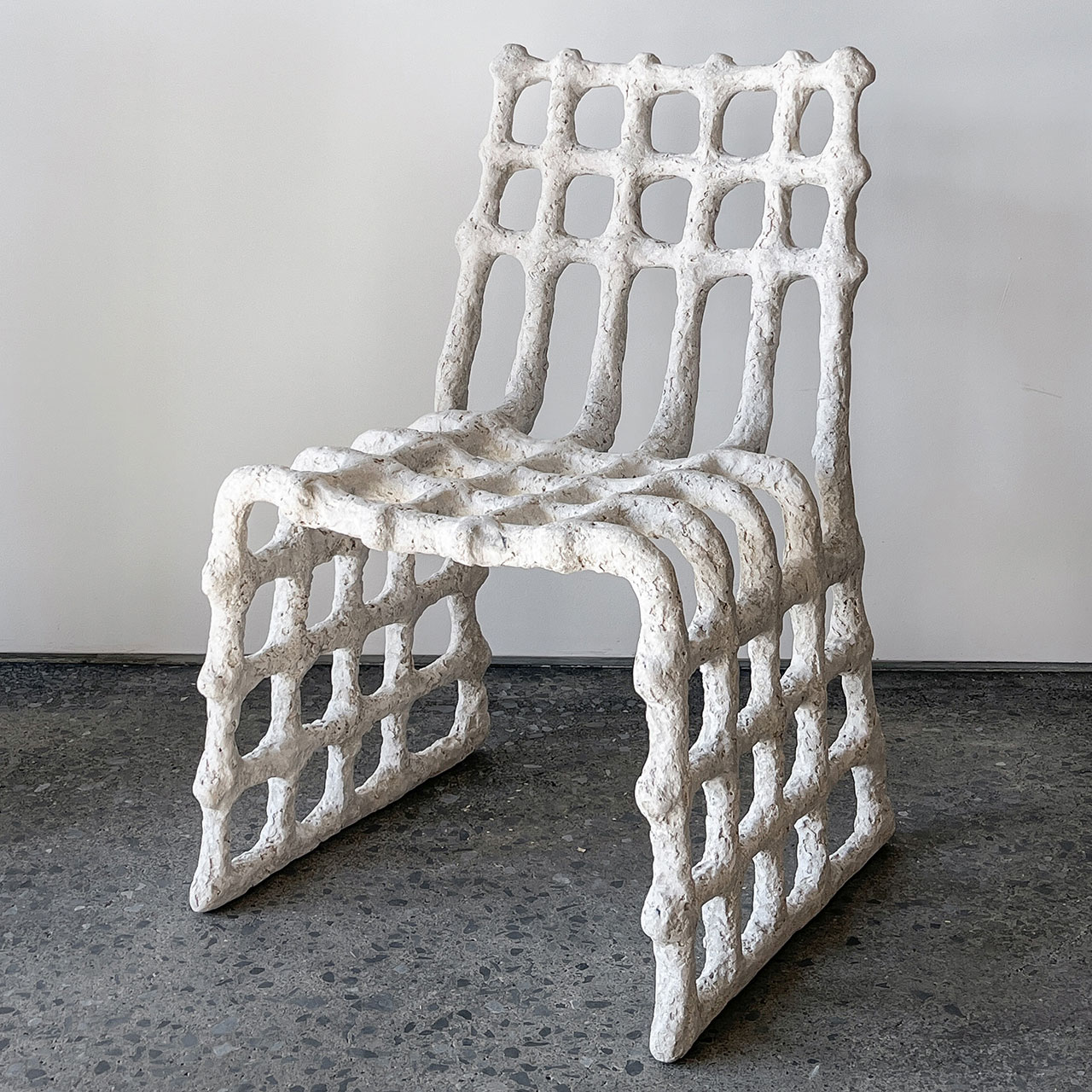The problem solvers of today’s global challenges are hard at work – right now, you can find them at their desks at the Rhode Island School of Design (RISD). In an exciting conclusion to the Sustainable Markets Initiative’s 2024 Terra Carta Design Lab competition, two student teams from RISD have been announced winners, joining six other winners from three other schools. Founded in 2021 by His Majesty King Charles III and renowned designer Sir Jony Ive, the competition challenges students from top design schools to create high-impact solutions addressing the planet’s most pressing problems. This year’s winning ideas are nothing short of inspiring.
The success of RISD’s student teams in the Terra Carta Design Lab competition is a testament to the power of creativity and collaboration in addressing global challenges. Through projects like BIOPOD and Shellf Life, these emerging designers have not only showcased their remarkable talent but also demonstrated how thoughtful design can create tangible solutions for a better, more sustainable future. Their work serves as a beacon of hope and inspiration, reminding us that innovation rooted in purpose has the potential to transform the world.
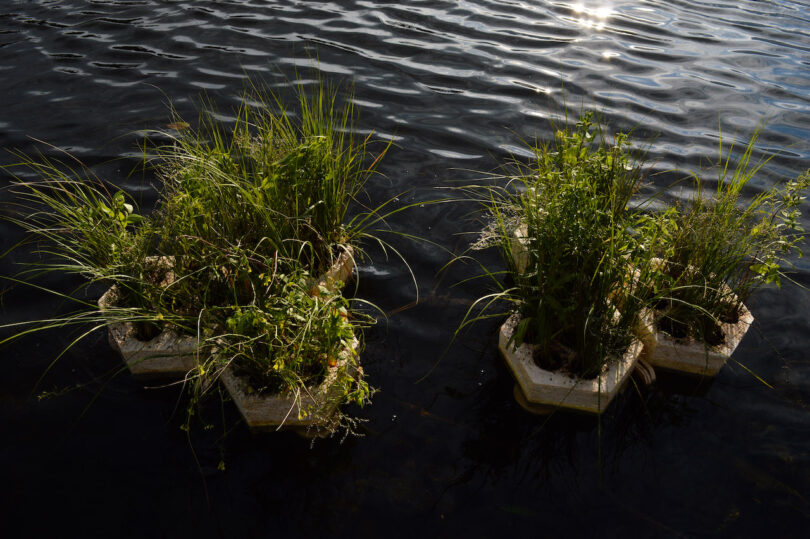
Photo: Varun Mehta
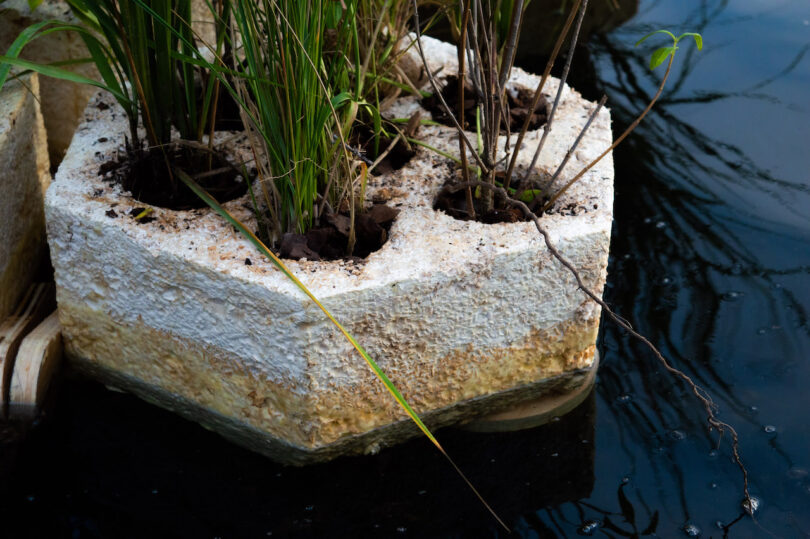
Photo: Varun Mehta
BIOPOD, developed by co-founders Manini Banerjee and Avantika Velho, along with Senior Research Advisor Katia Zolotovsky and team members Malvika Agarwal, Skylar Perez, and Joel Yong, introduces “human-scale ecosystem modules designed to remediate water quality, reintroduce vital fringe marshes into urban environment, and engage the public in citizen science.” Made from mycelial biomaterial, these floating modules introduce native plants into degraded wetland ecosystems in order to cleanse the water and decontaminate the environment – a process known as bioremediation. Over time, the biodegradable modules break down, allowing the plants to naturally expand and thrive in their new environments.
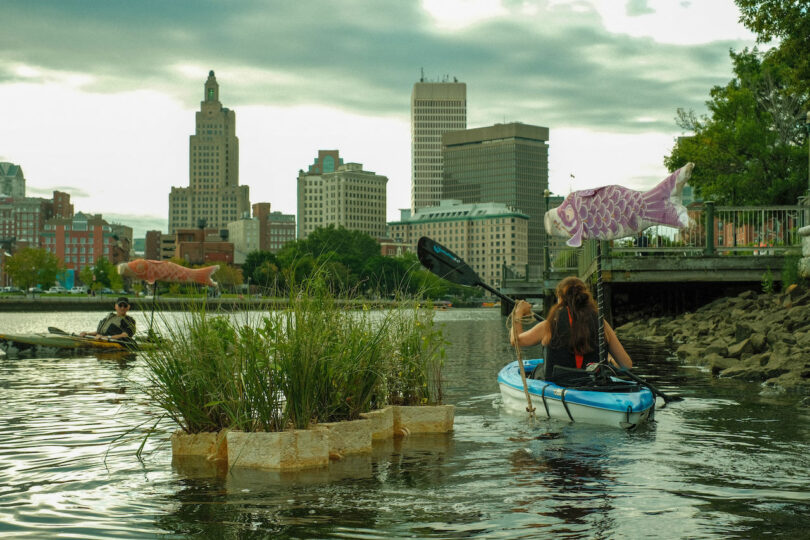
Photo: Jenni Ugarte
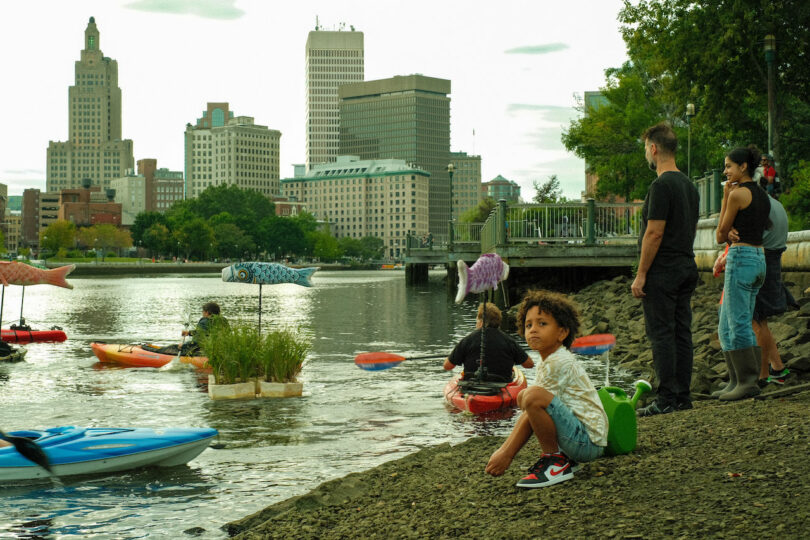
Photo: Jenni Ugarte
The Providence River served as the pilot site for the BIOPODs, where the team hosted workshops for other RISD students and the public to grow their own BIOPODs. The modules were then released at the annual Clear Currents Waterfire Festival, which drew over 10,000 attendees. Reflecting on the project, Agarwal, BIPOD’s Principal Brand Designer, shares, “It is deeply inspiring to empower people with the ability to heal the world around them – offering simple yet meaningful ways to nurture nature. This is just the beginning of our story, and we are excited to see how many communities we are able to reach.”
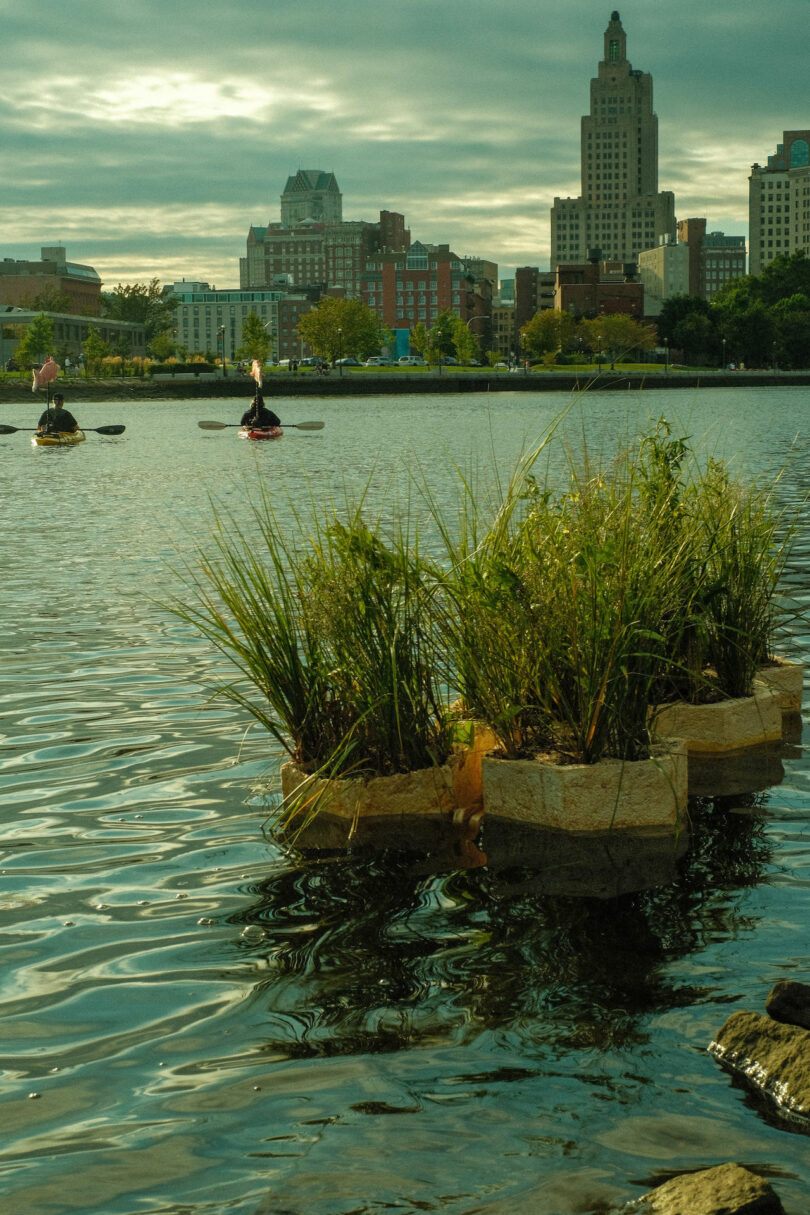
Photo: Jenni Ugarte
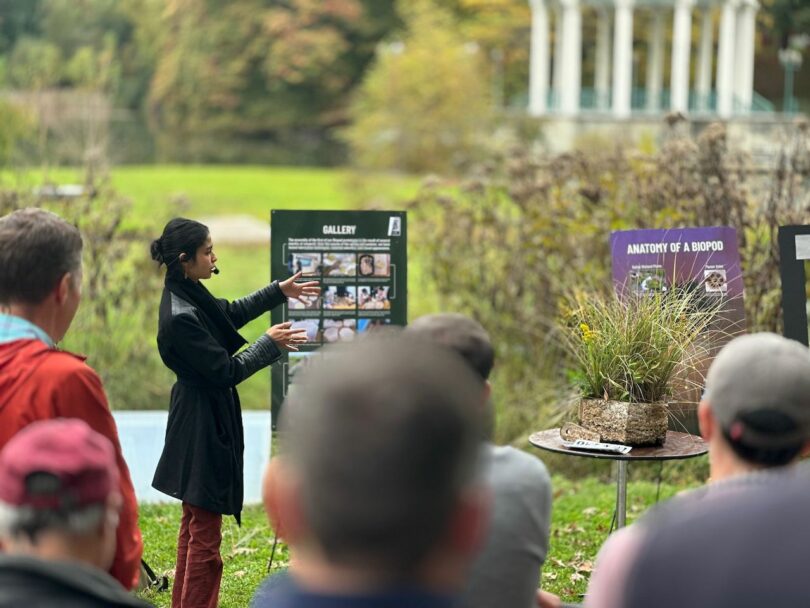
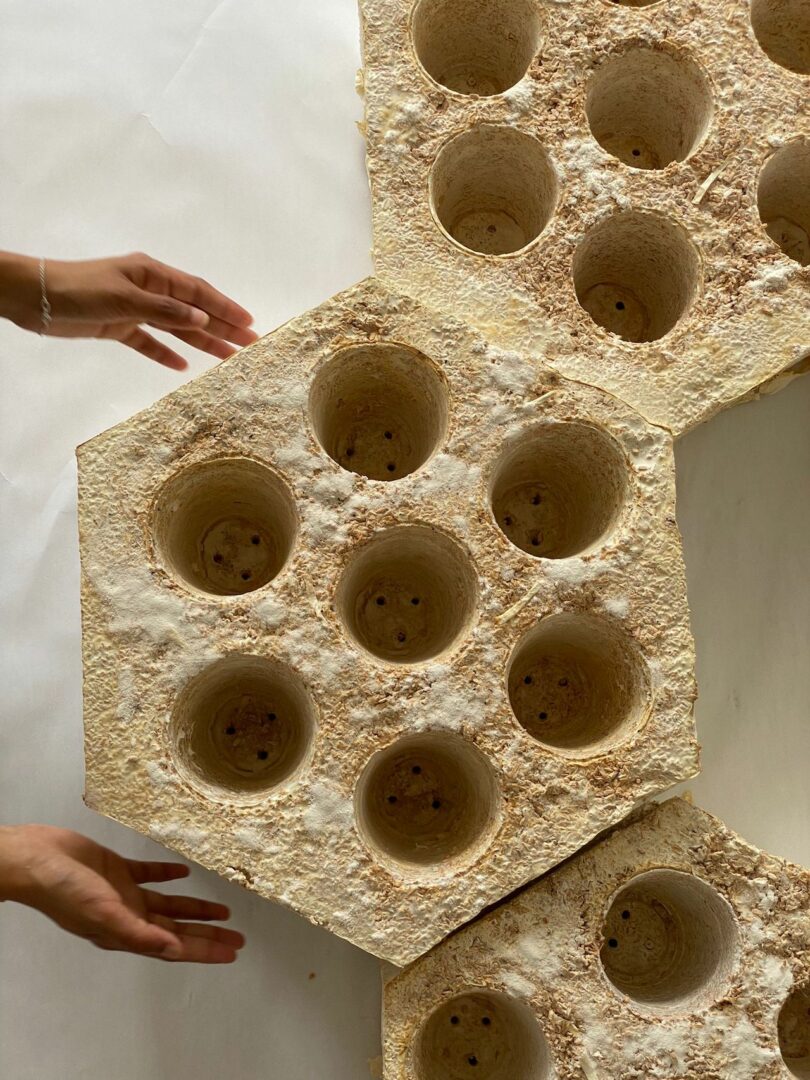
Tessellated mycelium mats of the pilot BIPODs
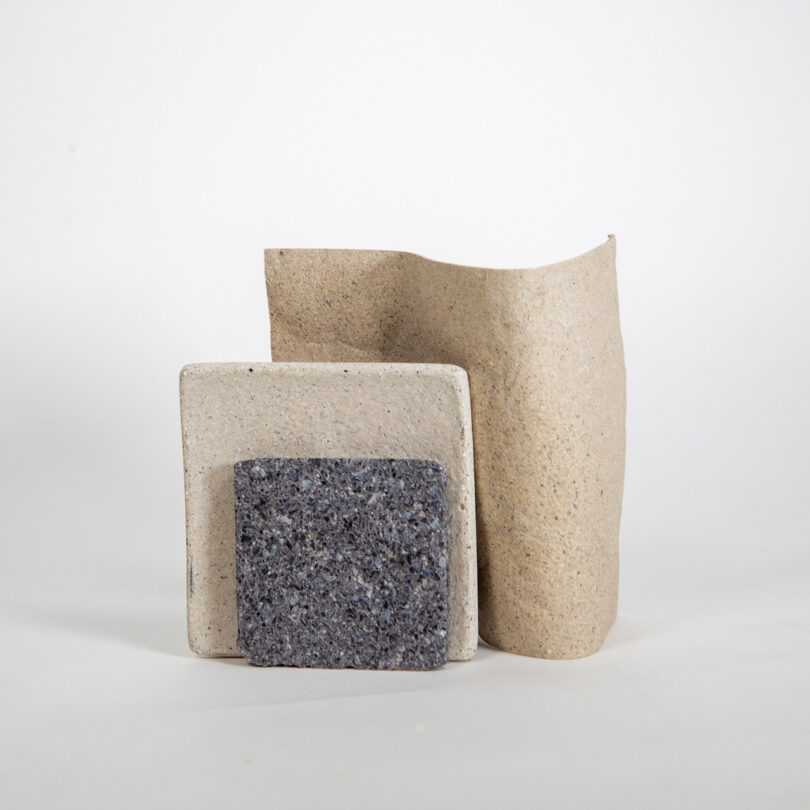
Shellf Life, the second winning team from RISD led by founder Felicia Neuhof and joined by team members Jason Connell and Aleza Epstein, also found inspiration in the waters – this time by repurposing discarded seashells from restaurants into a versatile biomaterial construction and design. Sourced locally in Providence and as far as Kyoto, Japan, the shells are transformed into a material that flows between rigid and flexible states. This adaptability allows it to become sturdy chairs, marble-like tiles, luminous lighting, or ceramic-inspired tableware.
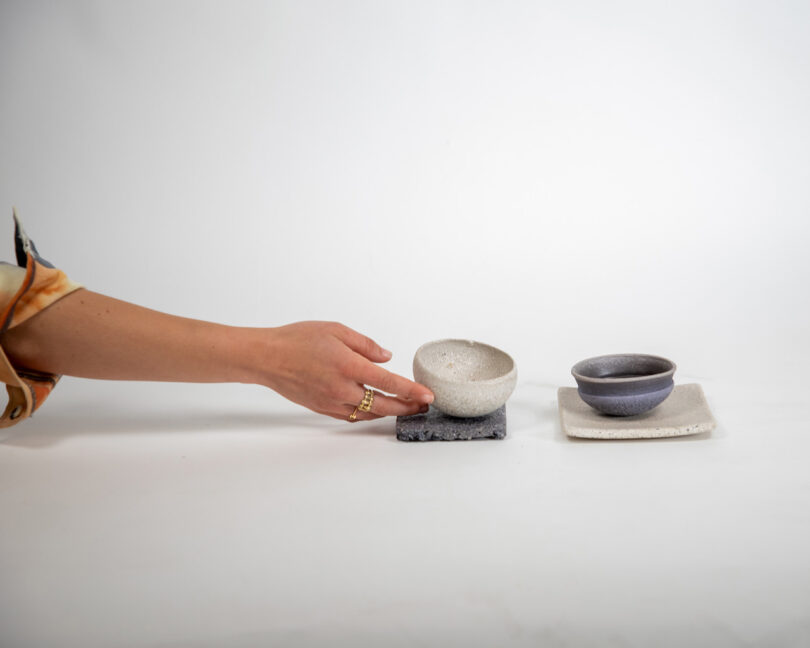
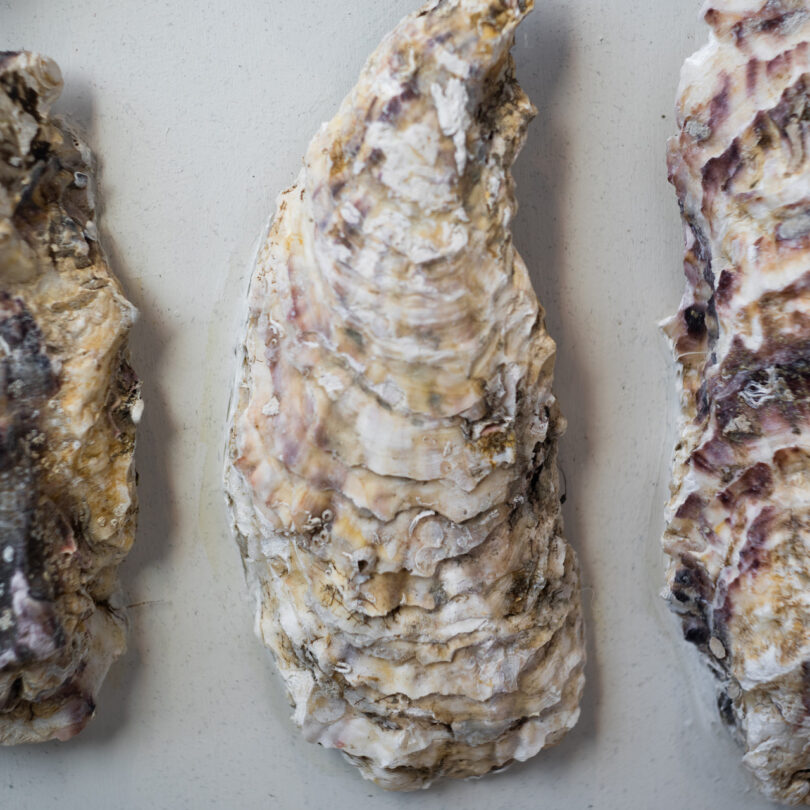
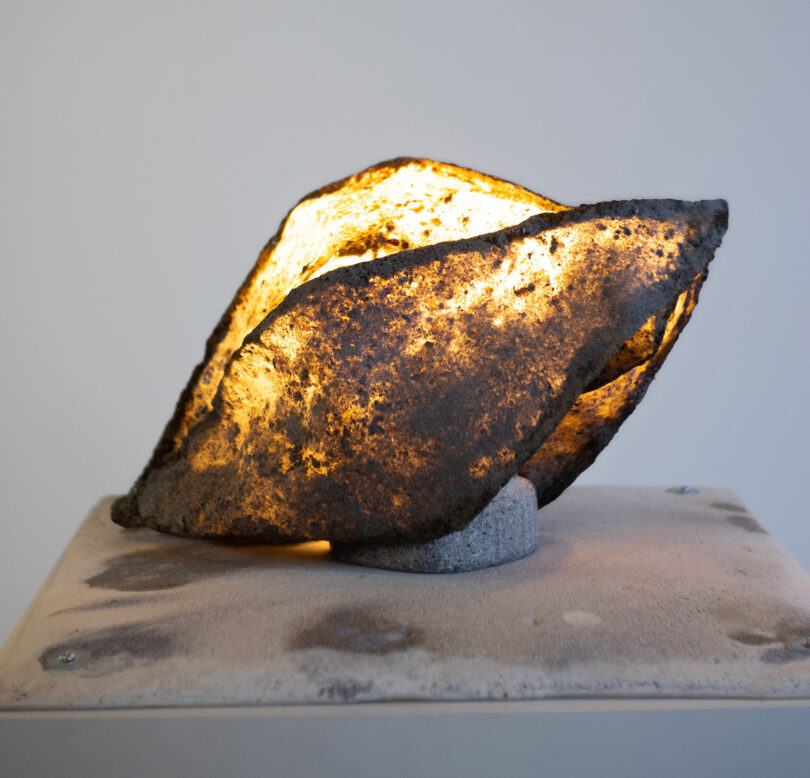
By offering a sustainable solution for coastal communities, the project emphasizes circularity and paves the way for a more sustainable future. “Sometimes the most powerful innovations are the simplest ones. I looked at our empty oyster, mussel and… saw everything we needed – strength, beauty and a material that’s been perfecting itself for millions of years,” recalls Neuhof. “Now those shells that protected ocean life are protecting our homes, and our planet gets a little better and more beautiful with every seafood dinner.”
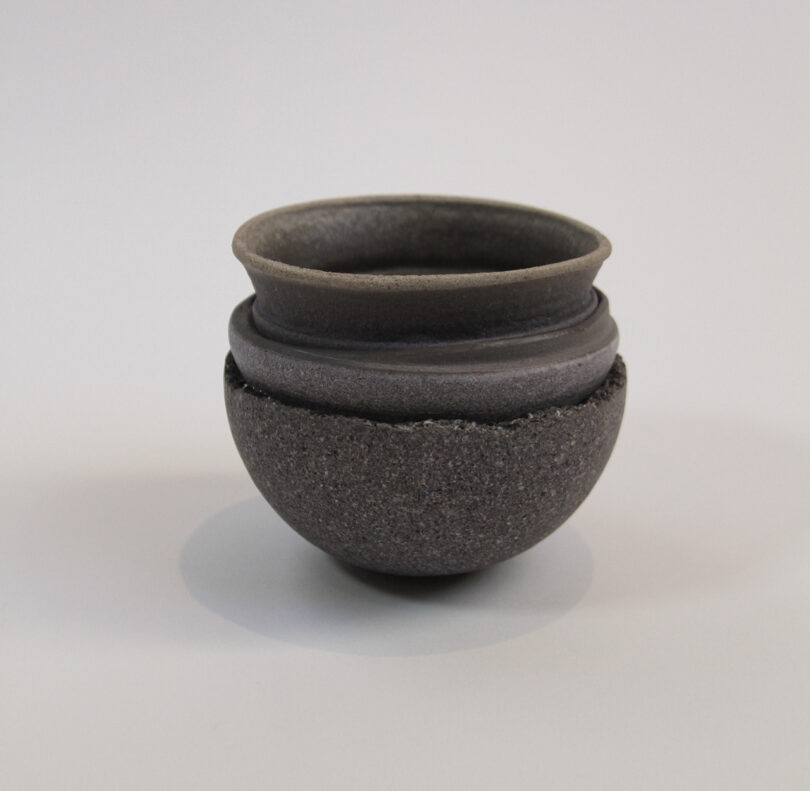
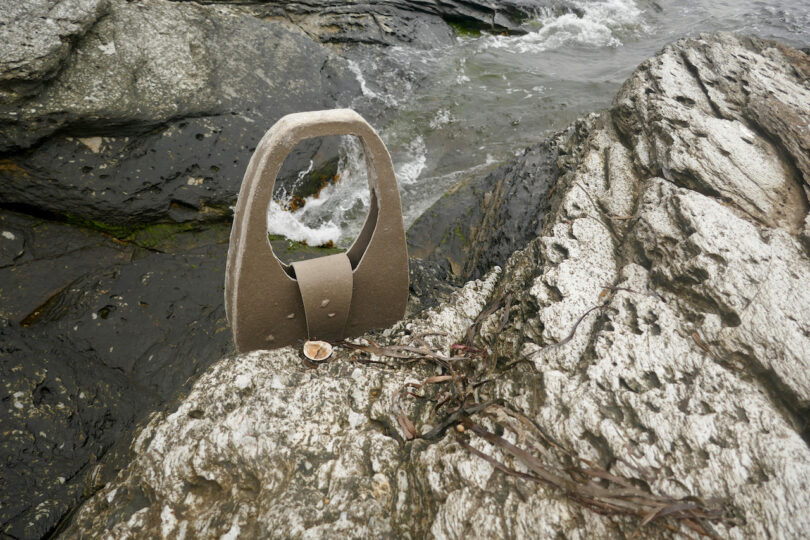
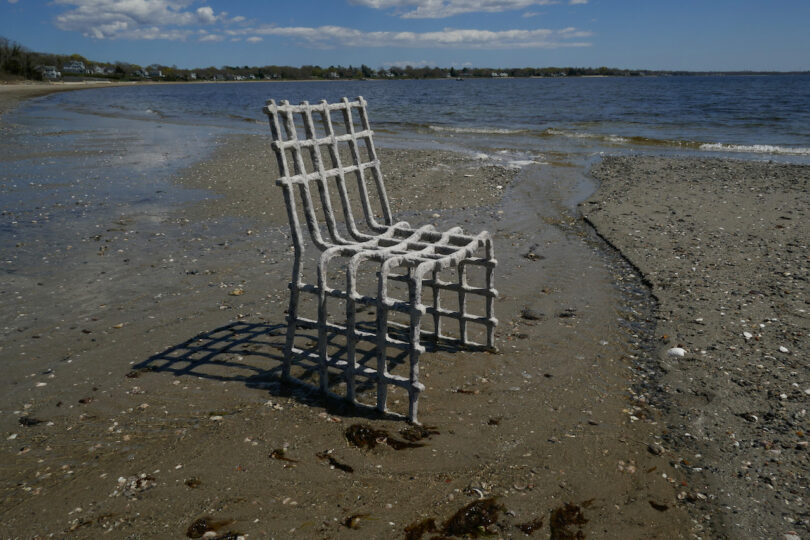
Both teams will receive £100,000 in funding and mentorship as part of their Terra Carta Design Lab win, helping to bring their innovative designs to market and amplify their environmental impact.
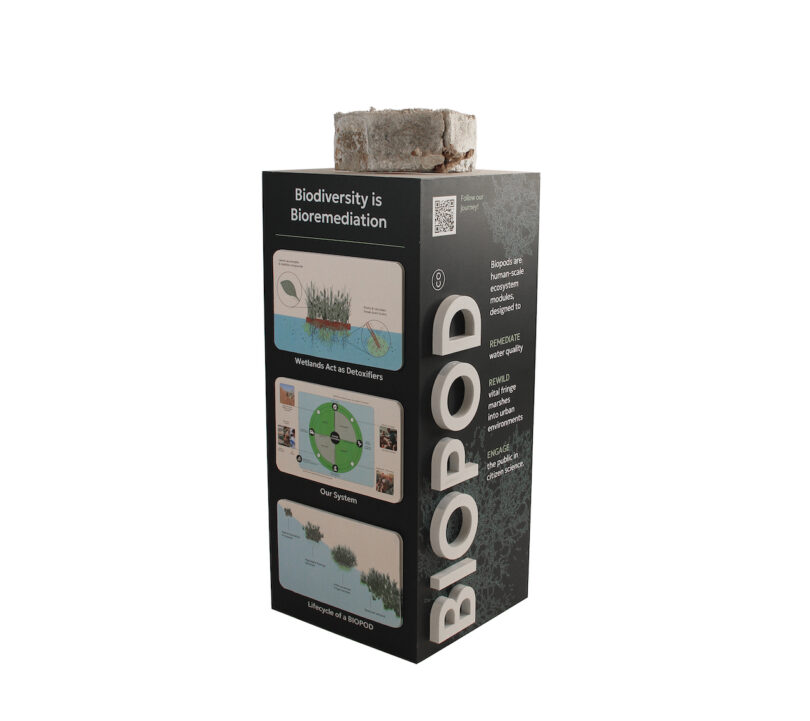
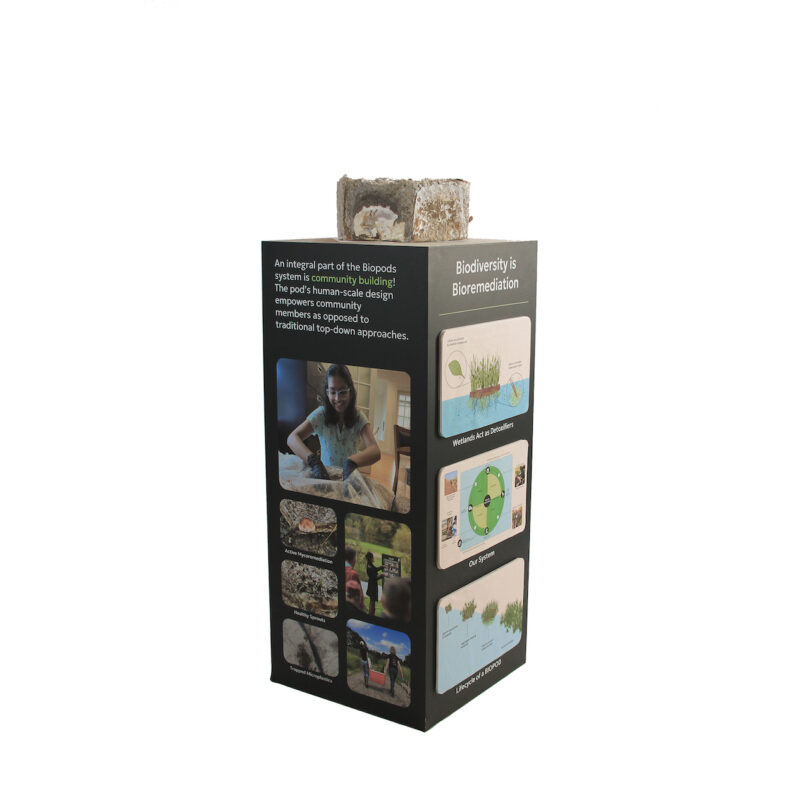
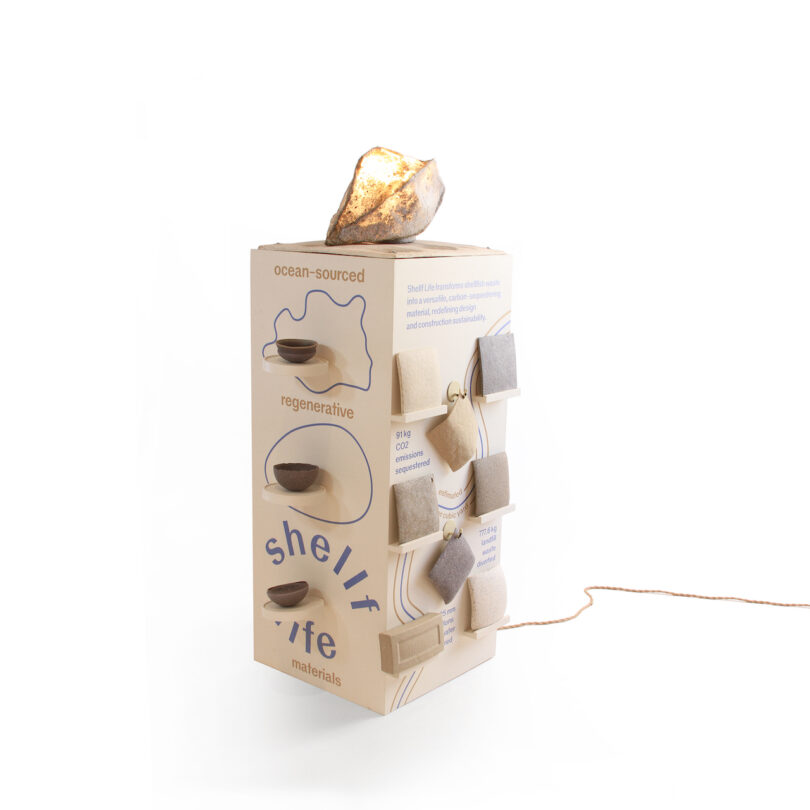
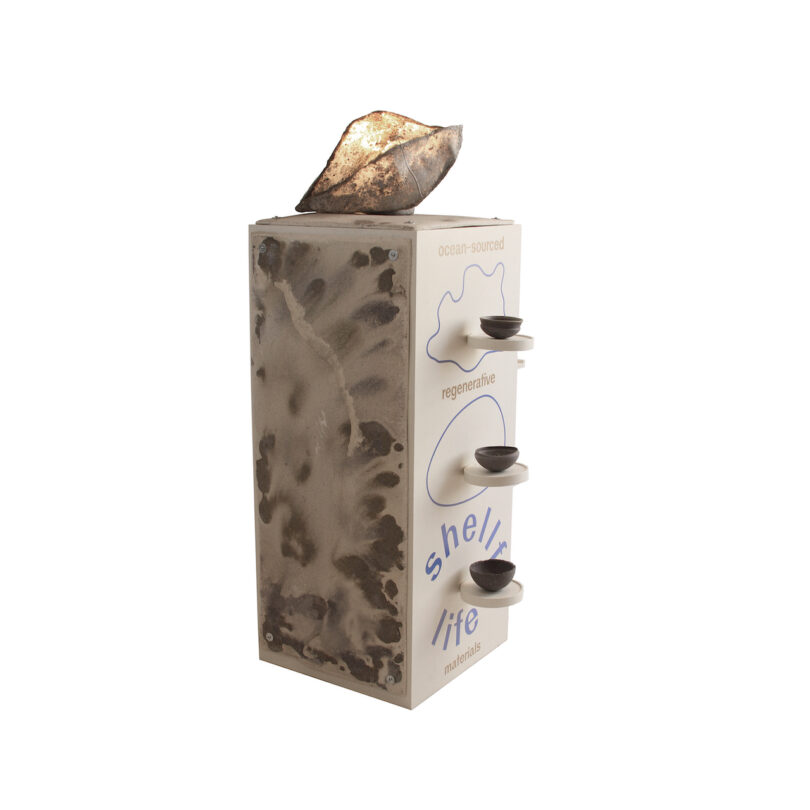
To learn more about the Terra Carta Design Lab Competition and the other winning designs from the Dubai Institute of Design and Innovation (UAE), National Institute of Design Ahmedabad (India), and the Royal College of Art (UK), visit sustainable-markets.org.

